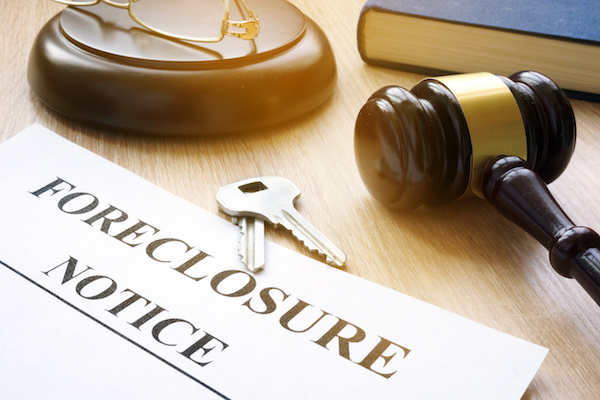The recent economic downturn has impacted both families and businesses. Too many of these businesses have closed their doors indefinitely, rendering commercial property owners unable to maintain mortgage payments. A mortgage in default may move lenders to foreclose. Below is an outline of what to expect throughout the commercial foreclosure litigation process.
Foreclosure Alternatives
An attorney can assist in pursuing strategies to avoid foreclosure altogether. Once you have looked for a foreclosure attorney in Denver, or an attorney wherever you are based, and found one that you can trust, you can work together to get the outcome that you both want from the situation. Two of these measures include forbearance plans and mortgage modifications. Lenders may, depending on circumstances, allow for mortgage forbearance, effectively “pausing” the mortgage repayment schedule. Mortgage modifications, such as refinancing or accepting government assistance, can reduce monthly payments, potentially preventing foreclosure.
Types of Foreclosure
In the event that the loan becomes a foreclosure, the legal process will progress according to whether it is a judicial or non judicial foreclosure. In a judicial foreclosure, the lender files a lawsuit to which the borrower must reply, opting to either accept or contest the foreclosure. Contestation will lead to a court hearing, which makes judicial foreclosure a rather lengthy process.
Where state laws permit, non judicial foreclosures allow borrowers and lenders to complete the foreclosure process without involving a court system. Eliminating the wait time on court appointments, lenders simply provide notice of default, notice of sale, and proceed to auction the property. Non judicial foreclosures are presently allowed in twenty-nine states.
Role of the Attorney
When approaching the lender regarding alternatives to foreclosure, a borrower may benefit immensely from first consulting an attorney. Lawyers may have a keener sense of what “selling points” to present to the lender or what assistance programs are currently available. Trusting loan negotiations to an experienced attorney can significantly increase the availability and agreeability of modified loans.
An attorney can also be useful in situations where a judicial foreclosure is contested. Lenders prefer not to dedicate resources to court hearings and are often eager to come to an arrangement. The stronger the borrower’s case, the more likely the borrower is to win the court case. If the borrower hires an attorney, the lender is even more motivated to be flexible with loan settlement.
Given the current economic conditions, it stands to reason that some businesses will fail and several properties will remain vacant. If a commercial property is the object of a defaulted loan, the borrower may explore alternatives to foreclosure. Lenders may elect to proceed with foreclosure, judicial or otherwise. A free legal consultation with Warren S. Dank can help outline this process in greater detail. Contact us today to schedule an appointment.

